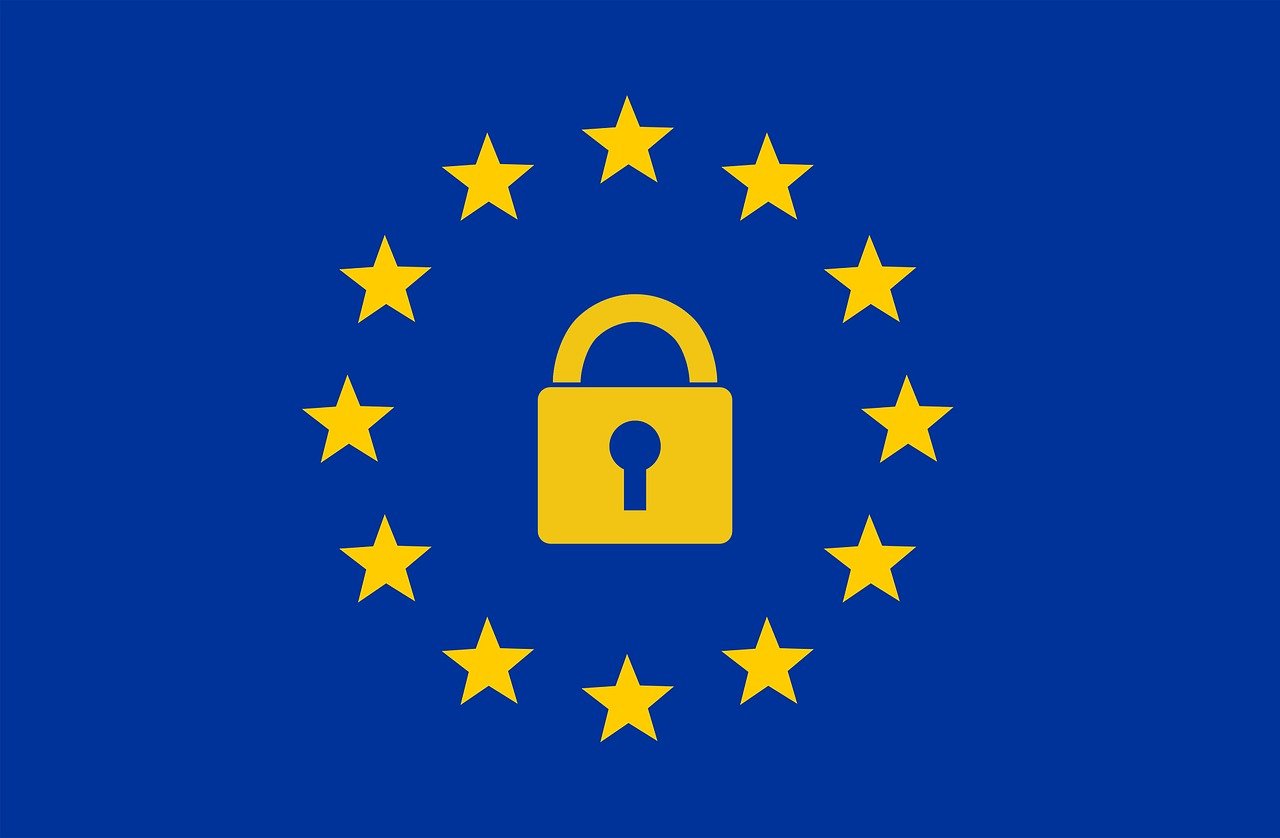The media industry could be about to face its biggest ever shake-up due to GDPR – that’s the message from the #GDPRinnovation seminar produced by Golant Media Ventures at The Digital Catapult on March 15 2018.
Speaking in a panel session to close the workshop, GMV’s Patrick Towell urged publishers and media companies to make a fundamental shift in how they value their customer data. He believes they must see data as much of an asset as the content they own and use it to shape their products. Further, he pointed out that the data they use to describe their content must also align with the data they use to describe the interests and tastes of their customers and potential customers.
It’s a point echoed by Will Kemble-Clarkson, a consultant with Ctrl-Shift who also work with leading companies on GDPR.
He thinks GDPR could cause some companies to go the way of Kodak, Nokia or Yahoo:
- Rent-seeking behaviour by the internet ad industry has led to the development of the General Data Protection Regulations
- GDPR will kill the internet ad industry
- That money has been funding media companies, but it has to go somewhere
- So it will go to companies that are GDPR compliant
The panel’s warnings about the size and scale of the shake-up threatened by GDPR came at the end of a very positive day that featured thought-provoking presentations from James Leaton-Gray of The Privacy Practice; GMV’s own Patrick Towell; Nick North, Director of Audiences at the BBC; Kathryn Geels from the Digital Catapult and Rupert Graves from AdUnity.
James began the day taking us through the implications of GDPR. He argued that GDPR fines have finally got boardroom attention, but it’s not the fines the board should be worried about, but the threat from the Information Commissioner’s Office to stop companies using their marketing database. He illustrated how poor the data generated by the ad industry is by telling us how he discovered that one internet tracking company believes he’s a 44 year old woman. They arrived at this conclusion because James doesn’t like sport, therefore he must be female, his youngest son is eight and as the average age a woman is when she has her youngest child is 36 therefore (s)he must now be 44.
Next, Patrick Towell suggested that GDPR would fulfill one of the basic promises of the digital revolution; transferring decision making from the ‘Highest-Paid Person’ (HIPPO) model of the commissioner/creative model to one where data provided by customers was the key arbiter. He also talked about the value generated by a transparent exchange of user data; pointing out that Songkick are exemplars here – he willingly gives personal data about his music tastes to Songkick because they provide him with value in return – he often buys tickets for gigs recommended in their emails.
The BBC has been working hard to prepare for GDPR and Nick North took us through their approach in detail. They have a steering group chaired by the BBC’s General Counsel with delegates drawn from across the business, working on seven separate workstreams. Nick admitted that some parts of the BBC had been reluctant to put audience-facing products behind a sign-in but the corporation is now moving to an assumption that all products would require sign in. Some BBC staffers objected because the BBC has universality obligations, but they’re now moving towards a system of ‘targeted universality’. Nick sees the opportunity to work with other public sector and media organisations and they’re already beginning those conversations.
Rupert Graves from Ad Unity likened programmatic advertising to pollution. Adtech companies are incentivised to pump out billions of ads and if only one in a thousand generates a click, that’s a success. However, he argues that the adtech companies experience none of the negative externalities of this as consumers blame either the product owners or the publisher for the ads, when neither are responsible. He believes that explicit contracts between the adtech industry and consumers will be necessary to enable consumer consent.
That was a point echoed by Will Kemble-Clarkson who talked about how Ctrl-Shift helps companies design for trust. It’s hard; the biggest success they’d achieved working with a company asking consumers to agree to their data being held was a return of just 34%. One nameless, but trusted, company spend £2m but only managed to persuade 17% of its consumers to agree to their data being retained.
The day ended with a lively panel discussion and while the contributors didn’t agree on everything, they did agree that GDPR mandates trust and companies and organisations who lose the trust of their audiences and consumers will quickly lose market share to those who retain trust.
But, of course, the flipside of this is that GDPR will enable those companies who get it right to prosper. Which is why it’s an innovation opportunity, not a compliance headache.







